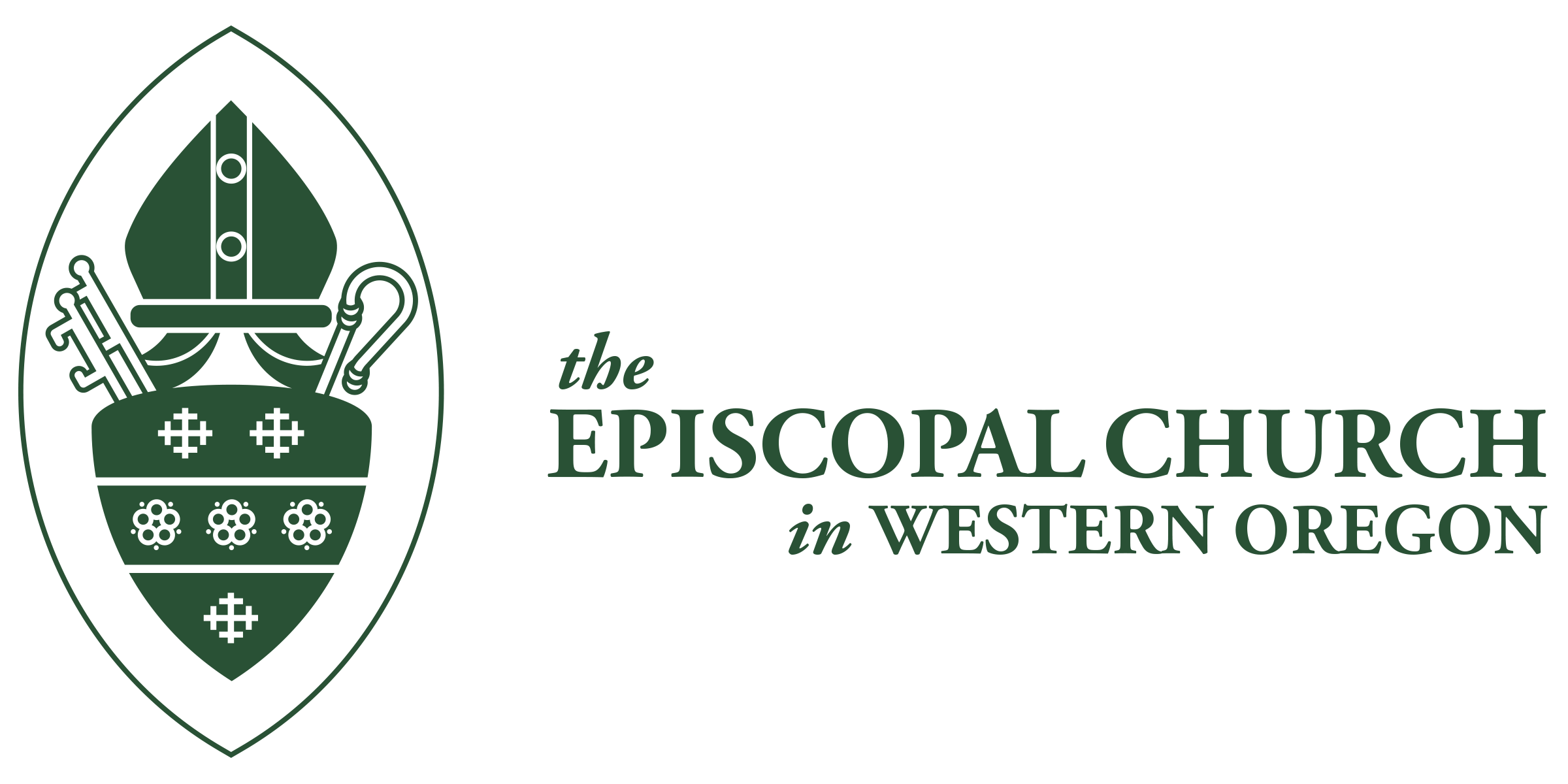Dear Friends in Christ,
One of the joys in serving this diocese is driving through the beautiful landscapes: woods and forests, rivers and streams, beaches and mountains. In the summer and early fall especially, the scent of the earth, of ripening wild berries, and the sparkling water of our ocean, bays, and rivers all remind me of the grandeur of God. The harsh reality of fires, floods, and earthquakes also reminds us of the vulnerable nature of our natural world. The beauty enjoyed one day can be swept away in minutes by a natural disaster. The tragedy of the fire on Maui continues to remind us of our fragility.
The frequency of these disasters, along with the magnitude of destruction, has drawn critical speculation and careful reflection on the ways in which our management of our natural world has accelerated these events. I recently read a Pew research report on the correlation between those who identify as “religious” and those who are aware of concerns about the science related to climate change. Those who describe themselves as religious believe, in overwhelming numbers, that the earth is sacred and created by God. Yet, of those same believers, very few believe that climate change is a matter of serious concern. One of the factors the researchers point to as an explanation for this disparity is that the faithful report they do not hear about climate change in church. Apparently, religious leaders are not lifting up climate change as a real and present danger.
I can only speak from my context within the Episcopal Church as I direct our attention to the Catechism. The second question of our very long Catechism sets forth the Q. and A. that directs our attention to our created world.
- Q. What does it mean to be created in the image of God?
- A. It means that we are free to make choices: to love, to create, to reason, and to live in harmony with creation and with God. (Emphasis added)
- BCP p. 845
Surely as the second question, we are to surmise the importance of this teaching. Positioned to emphasize the first book of The Bible, Genesis, in which God creates and breathes life into all that is, this question in our catechism is prioritizing where we ought to start: with creation. And although some interpretations of the Creation story use verbs like “subjugate” or “dominate” to describe how humans are to interact with the created world, the overarching message about creation throughout the Bible is one of fecundity, generativity, and capacity to nurture and support life. God’s love, activity, and desire for us is that we should live in harmony such that the created world lifts us up with its life-giving force.
We are called, if not commanded, to become faithful stewards of the created world – to care for the water, the soil, the vegetation, the air. Without these, we cannot live. Without these, there is no life as we know it.
I was delighted to speak to one of the members of our Creation Care Working Group this past weekend as he described to me the important work they are doing to engage both the science as well as the common sense needed to respond to our rapidly changing climate. Earlier in the month, I met with a group of high school student leaders at Oregon Episcopal School who are passionate about climate change education. They told me they are eager to meet with our Creation Care Working Group to explore ways they can work together to address climate change in our diocese.
These conversations give me great hope about the way forward as we hasten to respond to a natural world that is groaning from neglect and misuse. We are called to “live in harmony with creation and with God.” There is an undeniable assumption that living in harmony with creation assumes that we are also living in harmony with God. There is an intrinsic connection and one that, in fact, cannot be separated. This returns us to the disconnect revealed in the Pew study. If we believe that the created world is sacred and that sacredness begins and ends in God, then our response to climate change ought to be informed by our desire to live in harmony with God. Living in harmony with God is living in harmony with creation.
Let us, in our worship, praise, and mission, shine a light on climate change and the unique ways God calls us to step up to live in harmony with our Creator, from whom all things have their being.
Blessings,
+Diana
